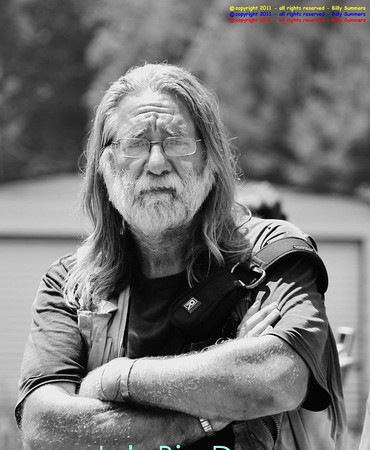Monty J. Pearce, chairman of the Senate Resources and Environment Committee, stands to get wealthy from oil and natural gas drilling on his property in Idaho's 9th district. As chairman, Pearce's committee oversees the drilling and mining that goes on in the state. Under his guidance, the State House in Boise has pushed through 22 bills -- each of which calls for increased speed of drilling.
When asked about Pearce's conflict of interest, Sen. Diane Bilyeu (D-Pocatello) said, "I would never introduce a bill that would line my pockets." Pearce never disclosed his ownership of oil and gas leases during the proceedings to decide the future of drilling in Idaho. This information can be used to determine if a conflict of interest is present or is likely to occur.
When it was discovered that Pearce owned leases, he was asked about the conflict of interest. Pearce said that he had forgotten that he owned them and then tried to defend his ownership by telling Rocky Barker, journalist for the Idaho Statesman, "I vote on an animal cruelty bill, and I have animals. I vote on water rights, and I've got water rights."
Minority Democrats asked Brent Hill, President Pro Tem of the Idaho State Senate, to forbid Pearce from voting on oil and gas issues -- a request that Hill refused without explanation.
Adrienne Evans, Executive Director of United Vision for Idaho says, "The health and future of Idaho's water supply, agricultural lands and communities have been sold out to corporations by Idaho lawmakers. In 2012, Idaho legislators stripped communities of their fundamental protections and their right to fight speculation. With nothing but profit in mind, they offered up a geographic region of Idaho along the Snake and Payette Rivers and Idaho's low-lying aquifer plains to natural oil speculators. Idaho lands that comprise more than 840,000 acres that are home to our farms, our ranches and our communities [are being offered up]. Most people in the area get their drinking water from groundwater and use irrigation water to harvest their crops. Once contaminated, there is no going back. We have made some serious mistakes in Idaho, but this may very well prove to be the most costly, and one from which we will never recover."
Following the adage that if you're not caught it must be okay, the Idaho legislature seems to be determining ethics by hindsight.





